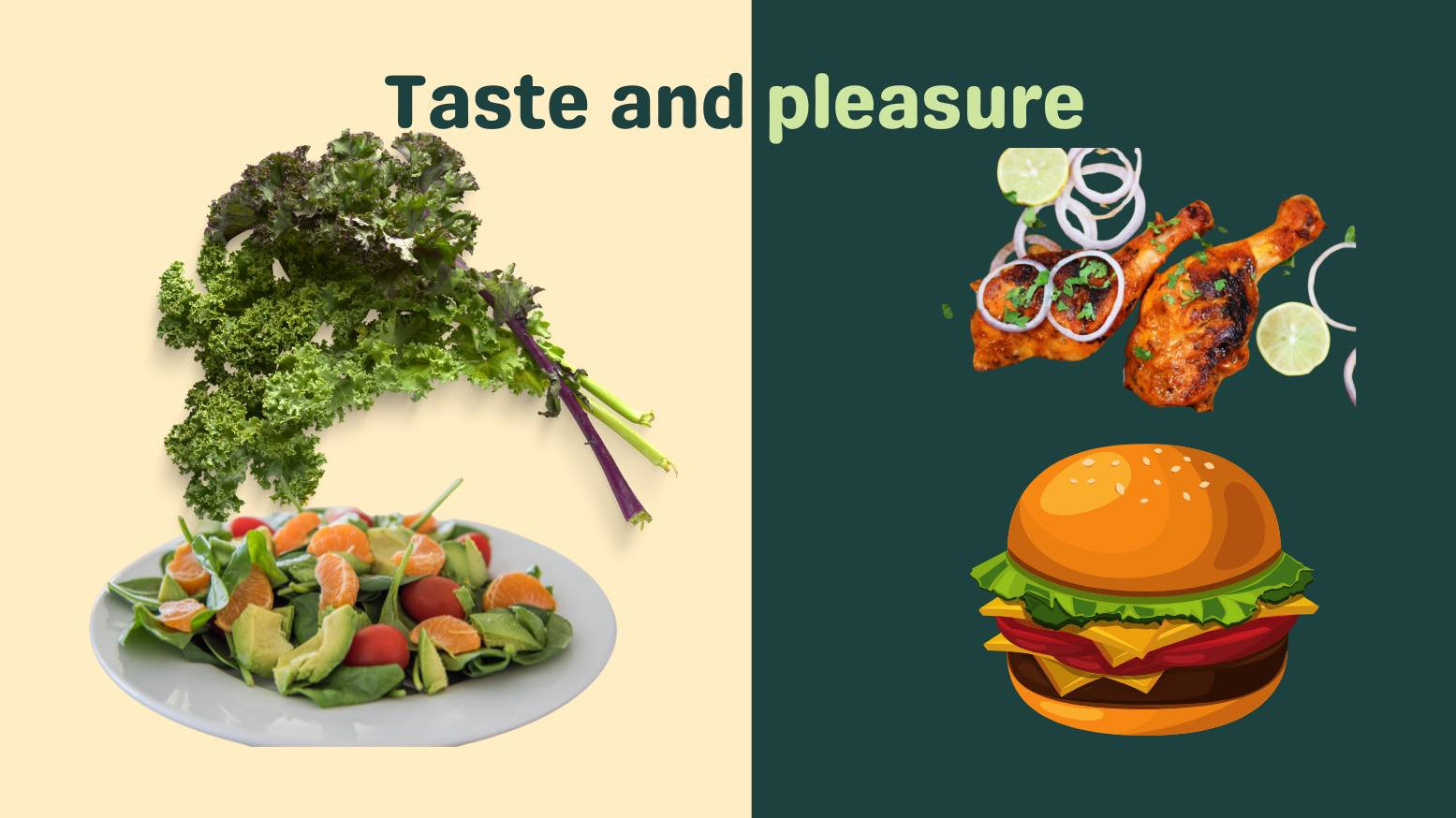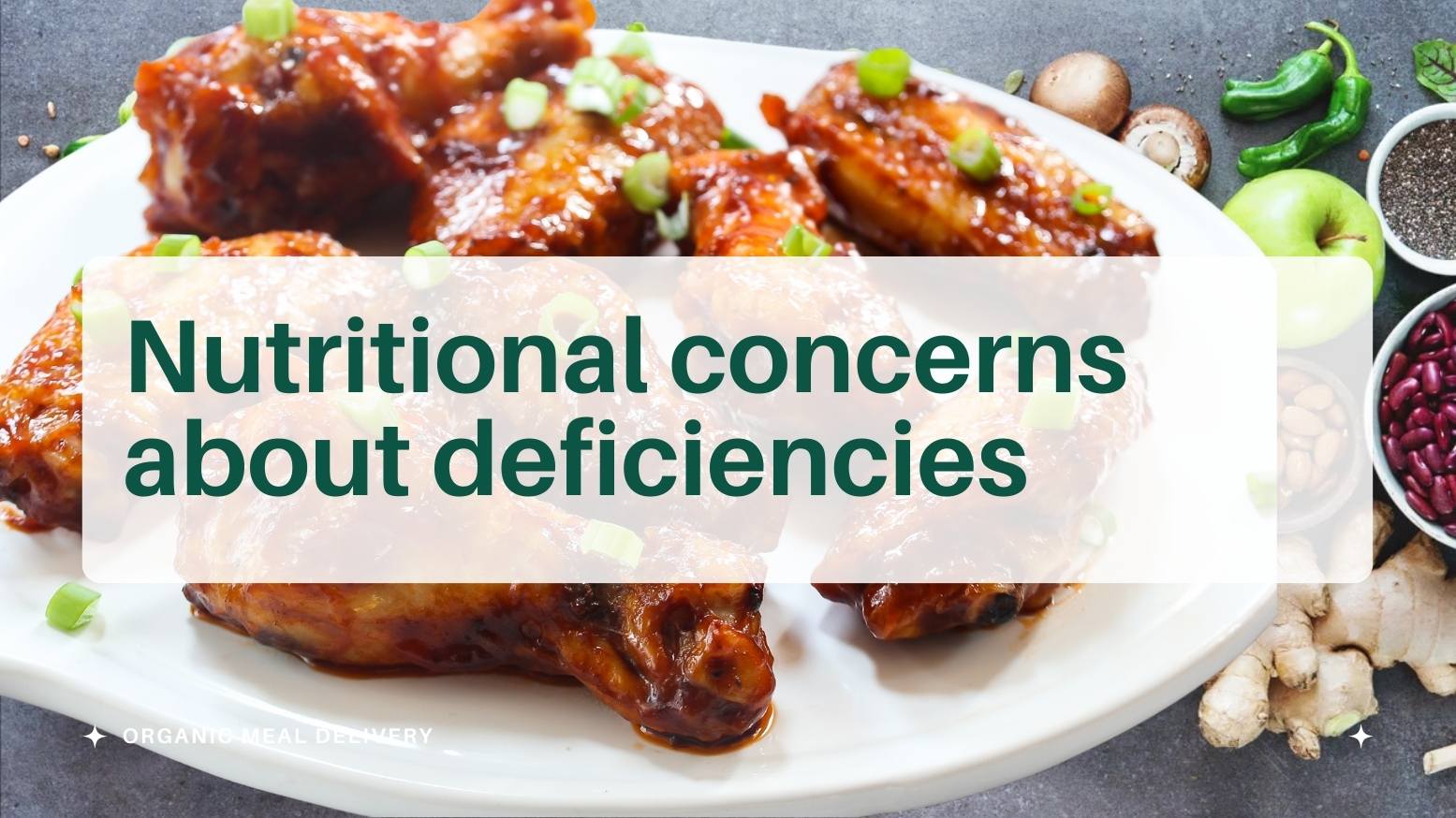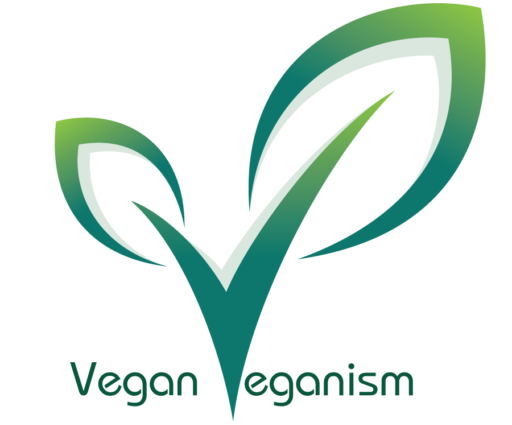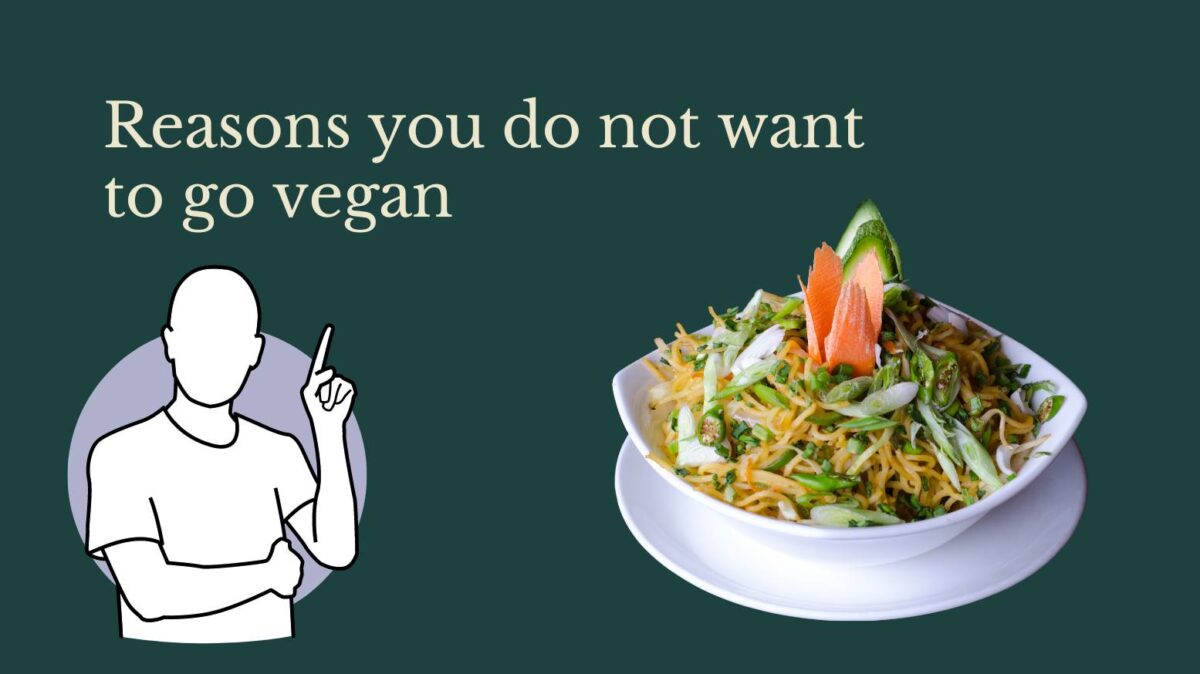The choice to reject a vegan lifestyle in a world where food preferences are as varied as the civilizations from which they originate is influenced by a wide range of variables. Even while veganism is becoming more and more well-liked due to its ethical, environmental, and health benefits, some people consciously decide against making this lifestyle change.
Let’s acknowledge the complexity surrounding individual dietary decisions and examine the different factors that go into deciding not to go vegan.
Taste and pleasure

Many people’s gastronomic experiences are profoundly shaped by their indulgence in the flavors and textures of meat, dairy, and eggs. Giving up these comforting tastes might be difficult because it’s difficult to find plant-based substitutes that satisfy to the same extent as animal products do.
Social and cultural elements, rooted in custom
Food has a significant influence on dietary patterns since it is frequently entwined with social and cultural customs. Avoiding veganism could be motivated by a desire to respect the traditions of friends and family, as sharing meals with them fosters a sense of community that is ingrained in cultural identity.
Change is hindered by perceived difficulty and inconvenience
One of the biggest disincentives to veganism may be its perceived complexity and inconvenience. Some might think that leading a vegan diet is too restricted, requiring them to constantly prepare their meals, read labels, and navigate social situations where there aren’t many vegan options. Adopting a plant-based diet becomes more challenging because of these perceived difficulties.
Nutritional concerns about deficiencies

Reluctance to become vegan is frequently influenced by worries about adequate nutrition. Some people are concerned that a vegan diet won’t provide them with adequate protein, vitamins, and minerals. Although there is evidence that well-planned vegan diets can cover all nutritional demands, reluctance can be caused by misinformation and assumptions about potential shortages.
Cost and accessibility
Vegan meals could cost more or be harder to find in some places than traditional foods. Financial limitations or living in an area where there are few options for a wide variety of foods can play a big role in determining whether or not someone chooses not to follow a vegan diet.
Doubt about overall well-being
There are still misconceptions and out-of-date facts floating around regarding the supposed health hazards of veganism. Even while studies show that most people may benefit from well-planned vegan diets, some people may still be skeptical and anxious.
Arguments from ethics
While acknowledging the moral dilemmas associated with animal welfare, others contend that compassionate farming methods reduce suffering or that individual consumption has little effect on larger systems, offering a moral defense for continuing to eat non-vegan.
Environmental issues
There is a subset of people who claim that transportation and waste management are more significant environmental challenges than animal agriculture. Certain individuals contest the effectiveness of embracing a vegan lifestyle, claiming that personal food decisions have little impact on systemic transformation.
Doubt and disinterest
Some people may not want to change their diet because of personal tastes, a lack of knowledge about veganism, or doubts about the necessity and advantages of going vegan. One of the strongest arguments against adopting a vegan diet can be a feeling of indifference or apathy towards the idea of change.
The decision to not adopt a vegan diet is complicated and impacted by a variety of factors, including convenience, cultural ties, personal preferences, and views of health. A more nuanced discussion on eating patterns is facilitated by acknowledging and appreciating the motivations underlying this decision.
As we continue to investigate various avenues in the field of nutrition, it’s critical to acknowledge the legitimacy of personal preferences and the unique factors that shape them.
You may also like:
- Why do people hate vegetarians/vegans so much
- Why do so many vegans quit being vegans
- Is being a raw vegan healthier than being a vegan
FAQs
1. Can I still have a positive impact without giving up meat, dairy, and eggs completely?
Absolutely! While fully embracing a vegan diet is impactful, small changes contribute too. Consider reducing consumption, choosing ethically sourced options, and exploring tasty plant-based substitutes.
2. How can I navigate social gatherings with non-vegan friends and family?
Communication and respect are crucial. Let hosts know your preferences, offer to bring a vegan dish, be flexible, and focus on shared moments. Celebrate differences through open conversations about food and company.
3. Is going vegan necessary for the environment, or are there alternative ways to make a difference?
While veganism significantly reduces your environmental impact, other steps matter too. Reduce overall consumption, support eco-friendly practices, and advocate for change to address environmental issues collectively.
4. I’m concerned about getting enough protein on a vegan diet. What are good plant-based sources?
Plant-based protein sources are abundant. Incorporate legumes, grains, nuts, seeds, and protein-rich vegetables like spinach and kale into your diet for a well-rounded protein intake.
5. Is veganism more expensive than a traditional diet?
Veganism doesn’t have to be expensive. Prioritize affordable staples like whole grains, legumes, and vegetables, cook at home, and explore budget-friendly options at local markets or bulk stores.
6. I’ve heard conflicting information about the health benefits of veganism. What’s the truth?
Well-planned vegan diets offer various health benefits supported by research, including weight management and a reduced risk of heart disease, diabetes, and certain cancers. Consult a registered dietitian to ensure your diet meets individual nutritional requirements, focusing on diverse, nutrient-rich plant foods for optimal health.

